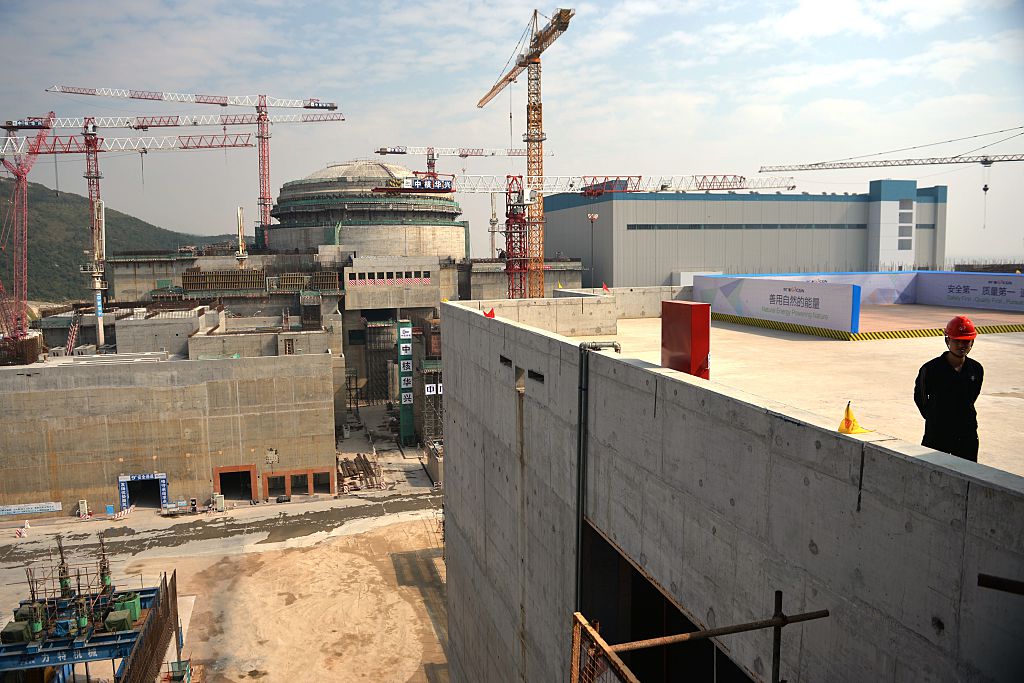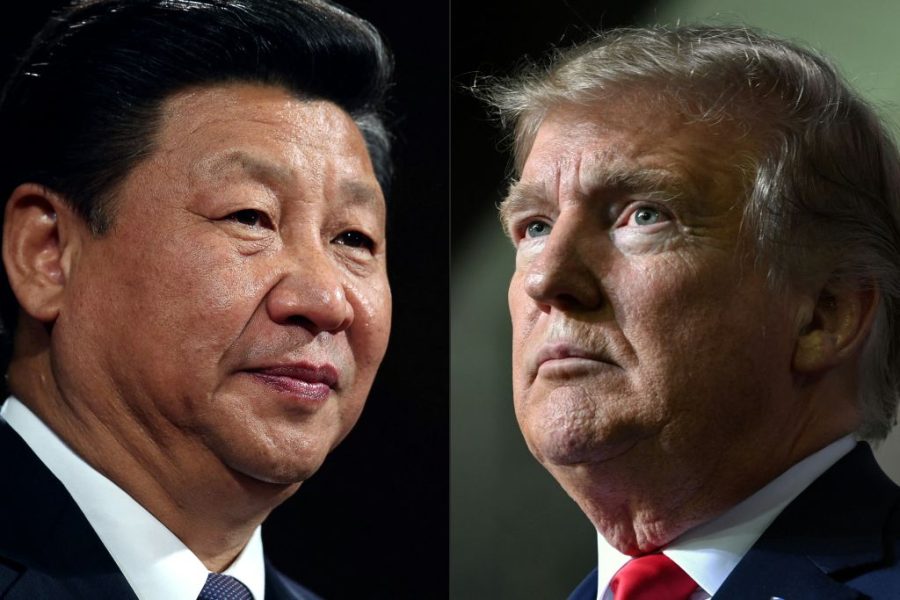Days after a nuclear power plant began spewing deadly radiation, the ruling Communist party pushed ahead with a huge and self-indulgent celebration of the sort that had become a hallmark of its rule. This was no time for bad news, and the party delayed, dithered and hid the truth about the deadly events that were unfolding.
That was the Chernobyl disaster in 1986. Soviet leaders allowed Kiev’s International Workers’ Day celebrations to go ahead. The participants, meanwhile, were oblivious to events at the stricken reactor just 60 miles away. The images of those May Day celebrations have come to symbolize the party’s criminal dishonesty, and they were nearly echoed after a technical glitch hit the Taishan nuclear power plant in Guangdong province early last month, just weeks before the Chinese Communist party’s centenary.
Thankfully it did not turn into another Chernobyl, but the response of the authorities in China was chillingly reminiscent of those dark days in Ukraine.
On June 16, the Chinese government said that there had been an incident with the fuel rods at a nuclear plant, but this information took over a week to get out: a close reminder that authoritarian states repel uncomfortable truths. On June 8, US authorities were reportedly informed that there was an ‘imminent radiological event’ at the Taishan Nuclear Power Plant in Guangdong Province, just 80 miles from Hong Kong. The Chinese safety authorities were reportedly raising the acceptable limits for radiation detection outside the plant in order to avoid having to shut it down. The French company who part-owned the plant, Framatome, needed to obtain a US waiver to obtain the technical information needed to solve the problem — a problem the Chinese authorities at the time had not even acknowledged existed.
After reports were broadcast by CNN, Framatome issued a statement saying it was trying to resolve a ‘performance issue’ at the plant, in which it has a 30 percent stake. The Chinese firm, CGN, refused to comment, though the plant said that everything was ‘normal’. Only on June 16 did the Chinese government inform the International Atomic Energy Authority that there had been an issue with some damaged fuel rods. It described the issue as a common occurrence, which did not trigger safety concerns.
It could have been far worse. The technical details are reassuring, but they were far too slow to come out. Had this been a wholly-owned Chinese plant, we would still be completely in the dark. It is chillingly reminiscent not only of the early days at Chernobyl, but also the beginning of the COVID-19 outbreak. During those early days in Wuhan there was open speculation that Xi Jinping had finally reached his ‘Chernobyl moment’ — the disaster that would hasten the demise of a monolithic communist party.
There is visibly a pattern emerging in China which we have seen in authoritarian regimes before. Bad news is quashed and denied. The Chinese Communist party is secretive by nature, and regards itself as accountable to nobody. This has been exacerbated by Xi Jinping’s concentration of power. Officials are afraid to pass bad news up the food chain, preferring to tell the emperor what he wants to hear. In democracies, bad news travels to the top quickly. In autocracies, less so.
Britain has an especially pressing reason to pay attention to events at the Chinese power plant. The Chinese and French firms are also collaborating on the £22 billion ($30.5 billion) Hinkley Point nuclear plant now under construction in Somerset, which will use the same technology. A second joint project in Suffolk has yet to begin construction. The Chinese firm is also angling to build its own reactor at Bradwell in Essex — the first Chinese-designed plant outside its own borders, with Beijing wanting to widen markets for its nuclear technology.
Allowing the Chinese firm which has close links to the Communist party to play such a crucial role in such a sensitive part of Britain’s most critical infrastructure was always foolhardy. It looks even more so in the light of the CCP’s behavior at Taishan. The party is so willfully lacking in transparency that it should never be in charge of a nuclear power plant in its own country, let alone on the coast of Britain. The British government has the power to do something about it. The question is whether it has the will.
This article was originally published on The Spectator’s UK website.

























